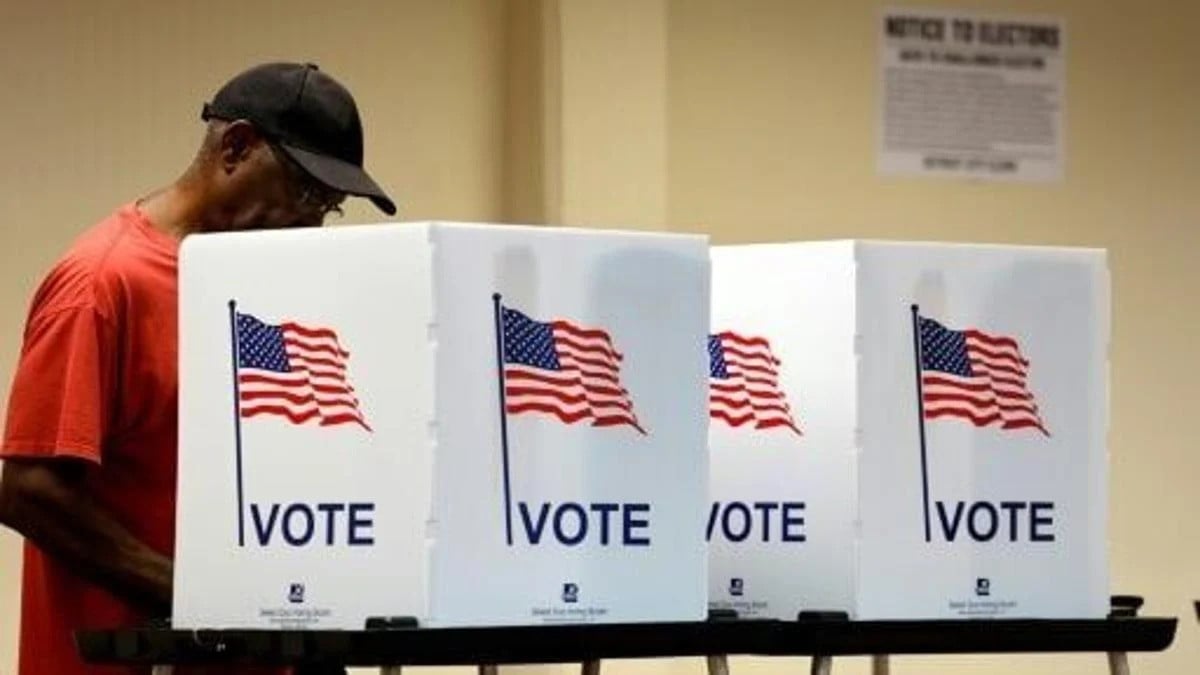As the day for US presidential election nears, many people are wondering about the different options available to US citizens to cast their vote.
Here is the various voting options available
When to Vote
The actual date that voting day falls on is enshrined in the US contituted, It is helf every. four years on the first Tuesday of Novemeber. This year’s election day is falling on November 5.
Many states offer flexible voting options to accommodate different needs, including voting in person on Election Day, early voting, and mail-in voting.
Voting in Person
For those voting on Election Day, polling locations will be staffed by election workers ready to assist. Voters will select their choices using either a paper ballot or an electronic device. It’s essential to check with local election offices for specific polling locations, their opening and closing times, and any changes to polling places.
Early Voting
Some states permit early in-person voting. Voters should verify whether this option is available in their area and consult local election offices for details about early voting dates and rules.
Voting by Mail and Absentee Voting
While some states conduct elections entirely by mail, others allow voters to request absentee ballots if they cannot vote in person. Voters should confirm their eligibility for mail-in voting, as each state has different guidelines.
How to Return a Mail Ballot
When returning a mail ballot, voters have several options:
- By Mail: In some states, ballots come with a prepaid return envelope, while others require postage. It’s crucial to fill out the return envelope completely before mailing it.
- Drop Box or In-Person: Many jurisdictions provide official ballot drop boxes where voters can submit their ballots without postage. Locations and availability of drop boxes can vary, so checking with local election offices is recommended.
Voter ID Requirements
Each state has its own voter ID laws, with most requiring identification for in-person voting. Voters must know the specific ID requirements in their state before heading to the polls. IDs can often be obtained from state motor vehicle offices, even for those who do not drive.
Language Support and Accessibility
For voters who speak languages other than English, assistance is available. Election offices can provide information and materials in multiple languages and offer poll workers who can communicate in those languages.
Voters with disabilities have the legal right to accessible voting materials and equipment. This includes ballots in large print or audio formats. If a voting location lacks accessibility, voters should contact local election offices to request necessary accommodations.
Do You Have to Vote for Your Registered Party?
In general elections, voters are not required to select candidates from their registered party. However, rules for voting in primaries or caucuses may differ depending on the state. Voters can choose candidates from any party in the general election, regardless of their registered party affiliation or past voting history.
Finding Your Polling Place
Your polling place is where you vote in local, state, and federal elections. Voters should find out where their polling place is located, its hours, and whether they can change their polling location.
Can You Vote Online?
In federal elections in the US, online voting is not permitted.
Learning About Candidates
Voter guides and sample ballots include the candidates and the state or local issues up for a vote. Reviewing these materials before heading to the polls can help voters make informed decisions.







